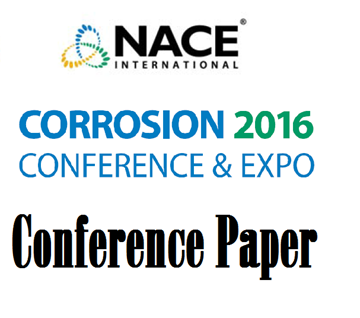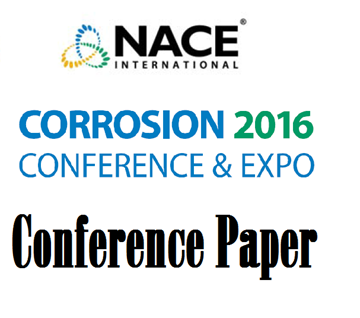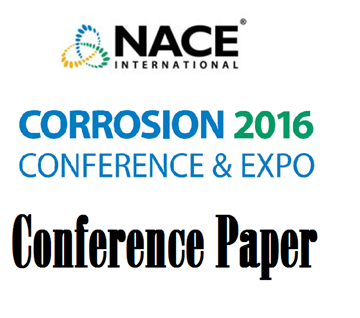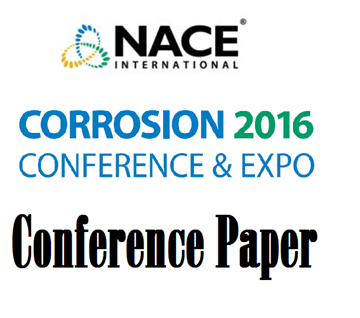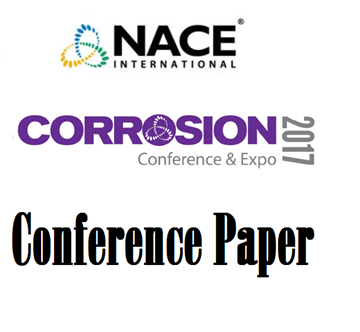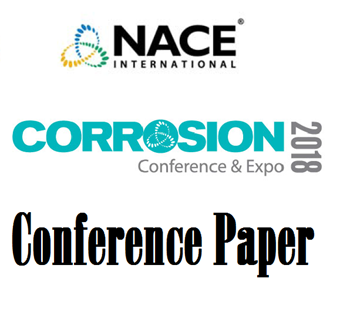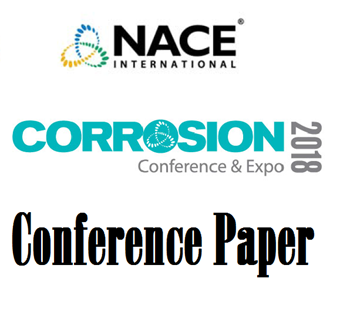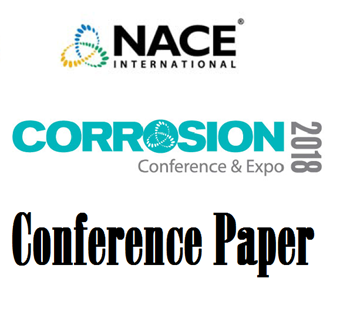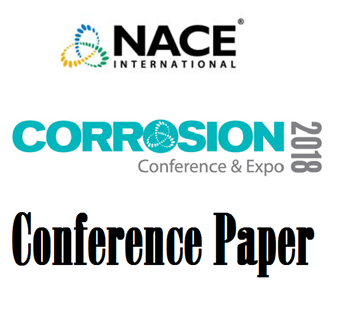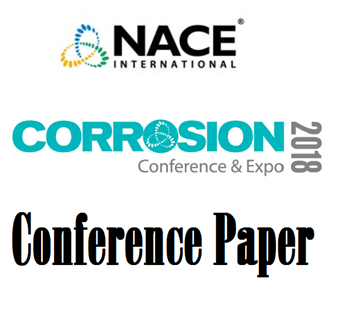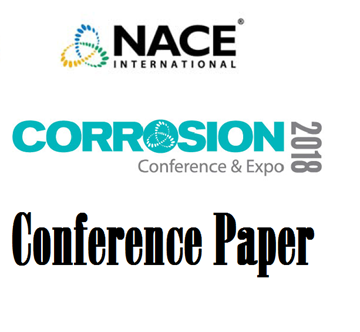Search
Products tagged with 'ssc'
View as
Sort by
Display
per page
02038 COMMON PITFALLS DURING SSC AND PITTING TESTING OF SUPERMARTENSITIC STAINLESS STEELS FOR USE IN PIPELINES
Product Number:
51300-02038-SG
ISBN:
02038 2002 CP
Publication Date:
2002
$20.00
51316-7126-Qualification of Super 13Cr-110 in HPHT Sour Well Service with Concentrated Brines
Product Number:
51316-7126-SG
ISBN:
7126 2016 CP
Publication Date:
2016
$20.00
51316-7209-Evaluation of Full Size C110 Premium Casing Connections Fit-for-Purpose Performance in Mildly Sour Environment
Product Number:
51316-7209-SG
ISBN:
7209 2016 CP
Publication Date:
2016
$20.00
51316-7325-Investigation of the Stress Corrosion Cracking Behavior of Duplex and Lean Duplex Stainless Steel Parent and Weldment Materials in Sour Service
Product Number:
51316-7325-SG
ISBN:
7325 2016 CP
Publication Date:
2016
$20.00
51316-7355-UNS N09955 Corrosion Cracking Resistance
Product Number:
51316-7355-SG
ISBN:
7355 2016 CP
Publication Date:
2016
$20.00
51317--9622-Laboratory Test to Evaluate Lean Duplex UNS S32101 and UNS S32304 Flexible Pipe Carcass at Sour Service
Product Number:
51317--9622-SG
ISBN:
9622 2017 CP
Publication Date:
2017
$20.00
51318-10669-SSC Resistance Testing of Heavy Wall Large-Diameter Pipes using Full-Size Four-Point Bend Tests and DCB Tests
Product Number:
51318-10669-SG
Publication Date:
2018
$20.00
51318-10842-Good Fabrication Stage Practices to Mitigate Risks Associated with Wet H2S Caustic Amine Carbonate Corrosion and Cracking
Product Number:
51318-10842-SG
Publication Date:
2018
$20.00
51318-10920-High strength steel SSC evaluation in mild sour environments at ambient and high temperatures
Product Number:
51318-10920-SG
Publication Date:
2018
$20.00
51318-10931-Impact of oxygen pollution on H2S corrosion and hydrogen permeation
Product Number:
51318-10931-SG
Publication Date:
2018
$20.00
51318-10956-Effect of production routes on SSC of 110 ksi 13Cr Super Martensitic Stainless Steel (SMSS)
Product Number:
51318-10956-SG
Publication Date:
2018
$20.00
51318-11123-Super Martensitic Stainless Steel UNS41426 Bar Manufactured to Optimize Sour Service Performance
Product Number:
51318-11123-SG
Publication Date:
2018
$20.00

